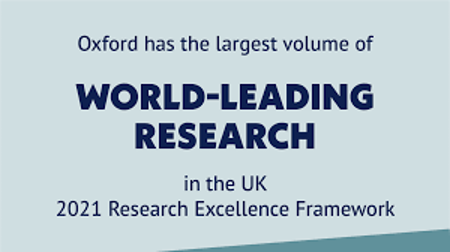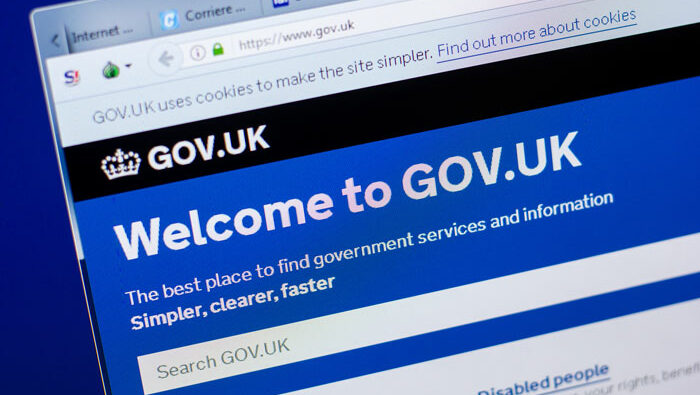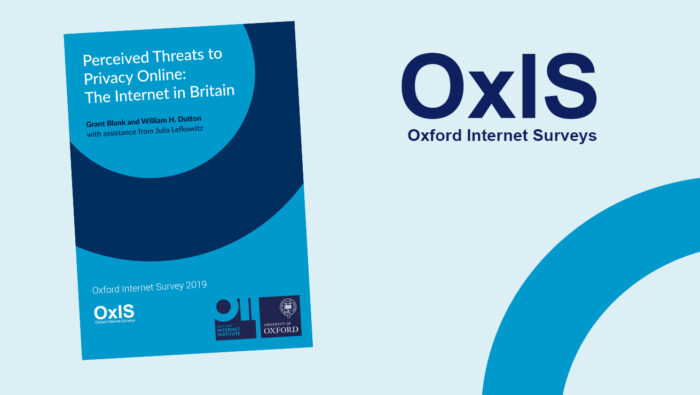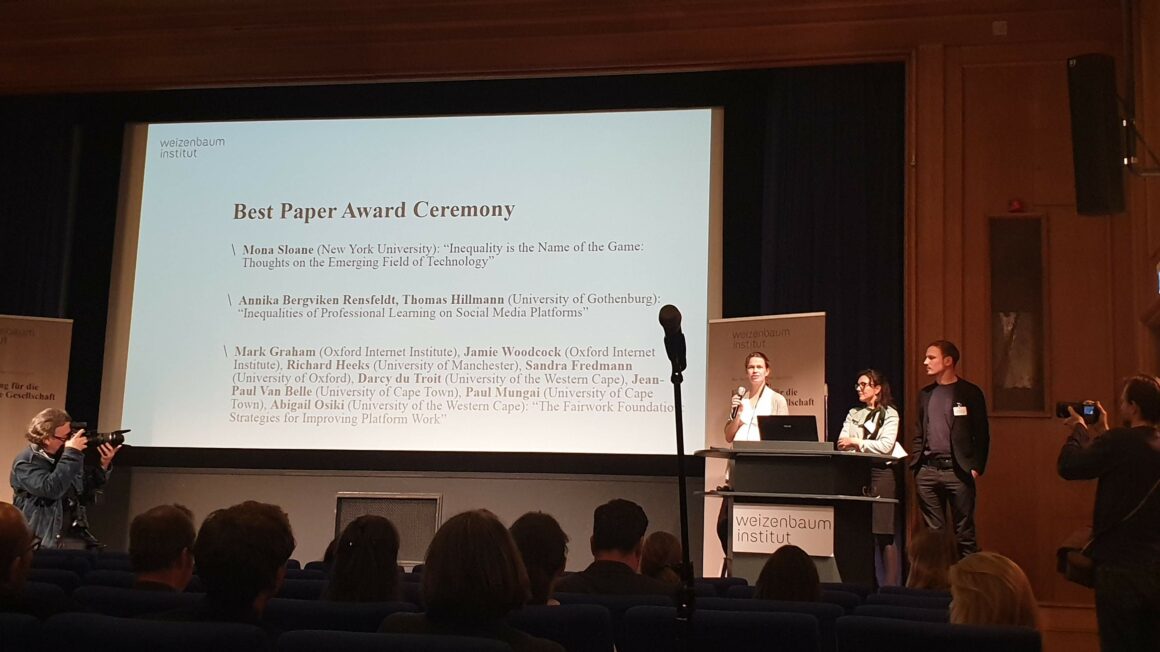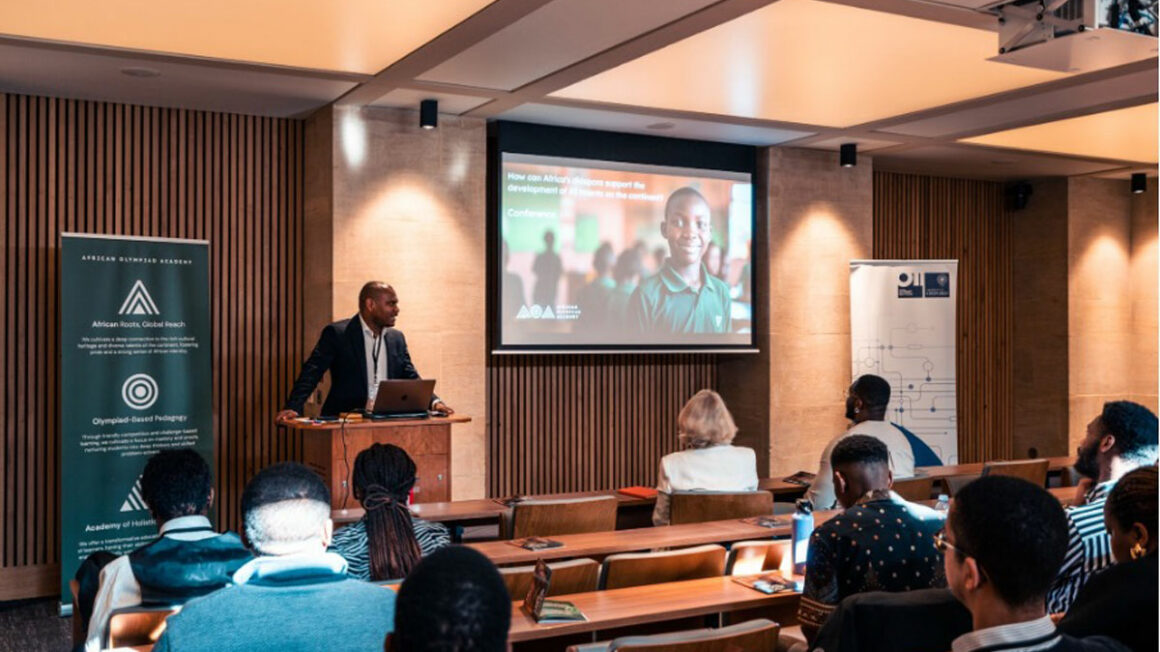Policy and practice
OII research frequently informs government policy, corporate strategy, and regulatory debates. Our findings are cited in policy papers, presented to parliamentary groups, and featured at global events. For example:
AI and work
Professor Carl-Benedikt Frey’s work on automation, labour markets, and data regulation has shaped policy discussions across Europe. His research has been featured in VoxEU, Project Syndicate, and reports by Citi Global Insights and the Tony Blair Institute, and cited by the World Bank, IMF, and World Economic Forum.
AI, government, and policy
Professor Chris Russell researches algorithmic fairness and legal accountability in AI. His work, published in Royal Society Open Science and featured in Nature and New Scientist, has influenced ethical frameworks and tools used by public institutions, including the NHS Clinical AI Fellowship.
Ethical AI and law
Professors Sandra Wachter and Brent Mittelstadt have influenced policy and business practices through their work on AI explainability and algorithmic bias. Their methods have been cited by the UK Government, European Commission, and adopted by Google, Vodafone, IBM, and Accenture.
AI bias and fairness
Professors Brent Mittelstadt, Chris Russell and Sandra Wachter created an AI bias and fairness test (‘Conditional Demographic Disparity’, CDD) that has been implemented in industry-standard auditing tools from IBM and Amazon. In 2024, Algorithm Audit used CDD to uncover systemic discrimination in educational AI in the Netherlands, leading to a formal apology from the Dutch Minister for Education, Culture and Science.
Social networks.
Associate Professor Bernie Hogan was a part of the Network Canvas Team, whose software Network Canvas won the biannual Richards Award for best software from the International Network of Social Network Analysts. This free and open source software has helped medical researchers, social scientists, and demographers to conduct high-quality and highly engaging interviews that focus on social relationships and their connections.


